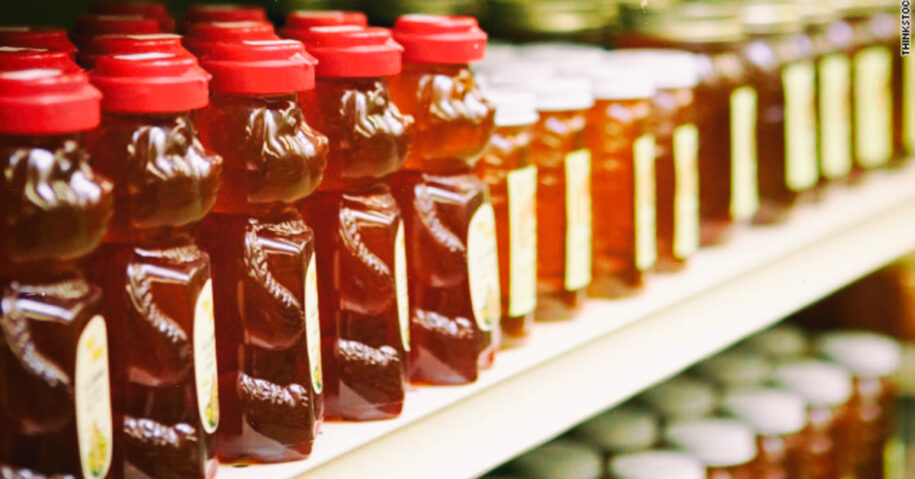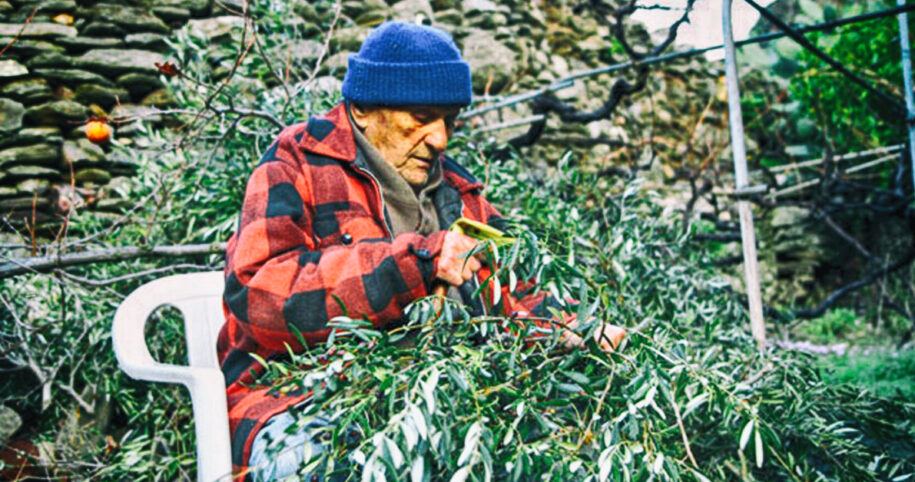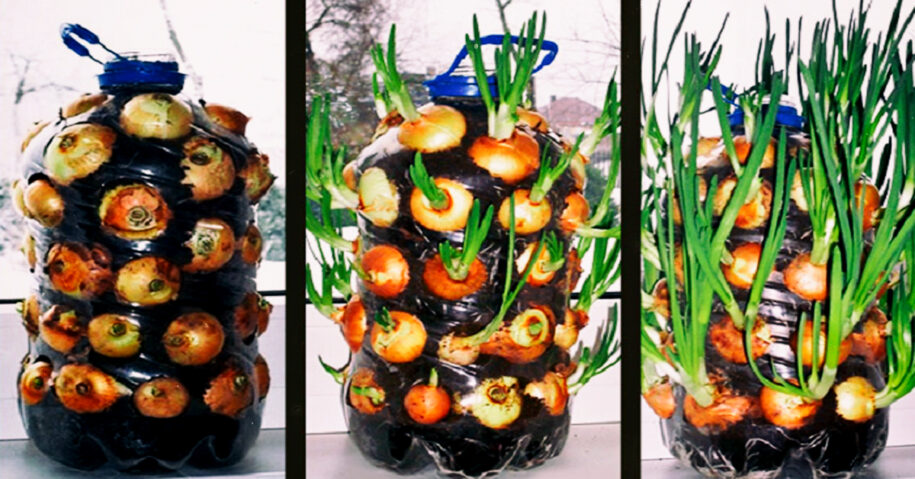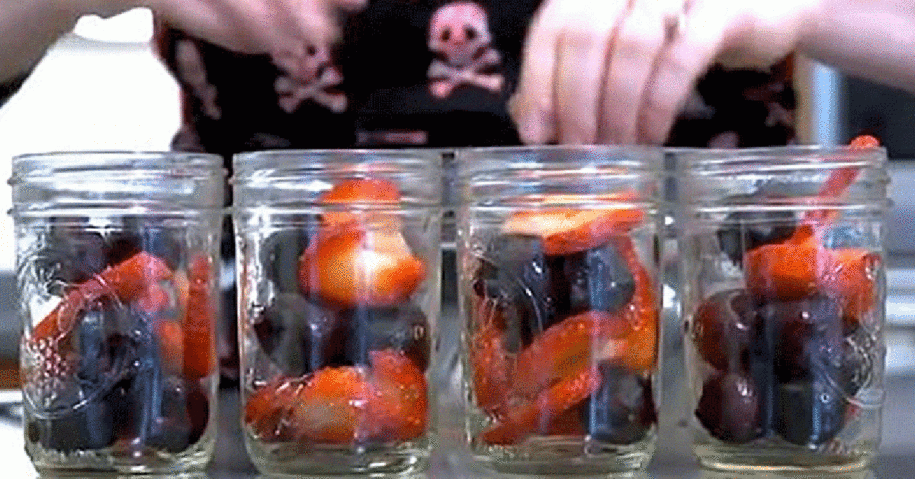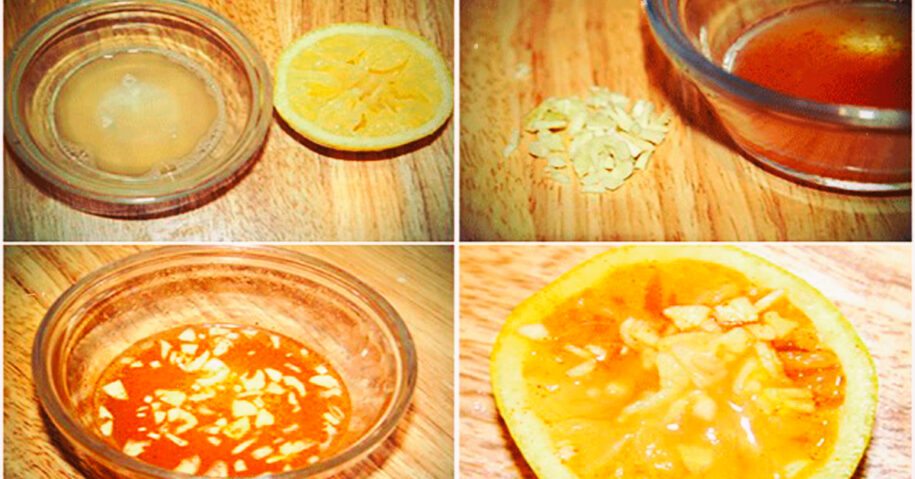
Is It Really Money That Motivates Us? The Science Will Surprise You!
Think about it we only know what we are taught. Now, this is backed by a legitimate study!
People love money, and power and what they can get for themselves this is no surprise. But, to go as far as saying it is in our nature to be greedy is too far. As humans, we know what we are taught, and we are conditioned from a young age to think that money is the answer to all our problems. To be a functioning member of society we have to have it, and it is our sole reason for living.
But, how is this in any way, shape, or form considered natural? How is it more natural to value a piece of paper more than our world? It is not natural to live simply to work and get money, it isn’t. What do you think, is there more to life than money? I personally believe this with all my heart!


